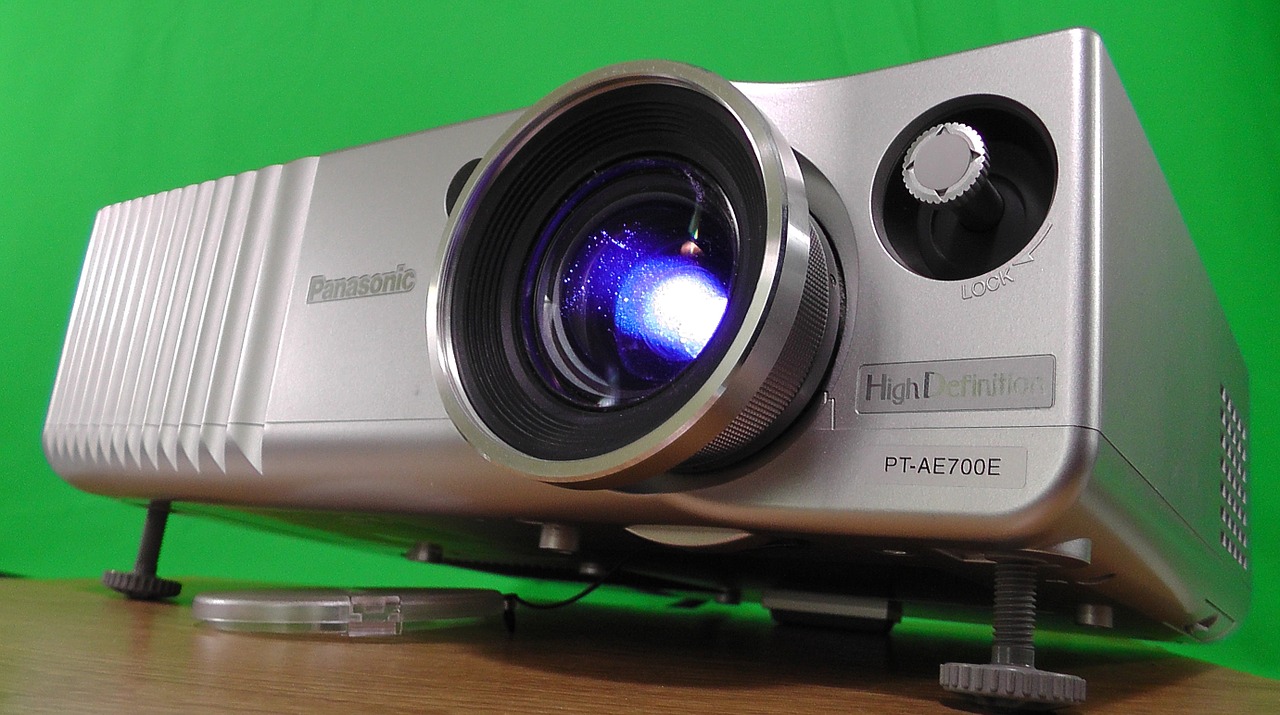
The world is engulfed by the Covid-19 pandemic that has disturbed the global markets. Hospitals have to deal with the shortage of supplies, masks, and other essentials. One of the worse parts of it has been the devastating impact of power cuts and shutdowns on healthcare institutions. The critical and delicate nature of services provided in healthcare institutions demands that these facilities have specific requirements for their electrical power systems. Failure to meet these requirements is negligent at the best and deadly at the worst.
Here, we will highlight some of the reasons why healthcare facilities should have a backup power supply.
Protection Against Power Disruptions
A backup power protection plan helps low power tolerant institutions to function efficiently and protects against voltage fluctuations. A temporary power outage can cause sensitive equipment such as MRI and life support machines to malfunction, resulting in complications and even loss of life.
During the blackout of 2003, hospitals had a hard time keeping their facilities and systems online, demonstrating the need for a proper power protection plan. Therefore, healthcare facilities need to install a backup power supply along with other power quality equipment to secure themselves from transient surges and maintain continuous service throughout the outages.
Electromagnetic Noise Elimination
A UPS power supply provides clean, isolated, and stable energy to the hospital systems immune to fluctuations and noise disturbances. Electromagnetic noise can be induced by the unstable power line voltages, which can cause interference in monitoring equipment, including anesthesia machines, ventilators, and syringe pumps. These systems are micro-processor based sensitive devices that require high power quality to function efficiently.
Reduced Dependence On Primary Suppliers
Having a proper power protection plan can help reduce the total reliance on electric power companies. Power companies tend to cut down power in certain areas, especially during high demand, to conserve energy. However, a medical institution requires an uninterrupted and stable supply of electrical energy throughout the year.
Another reason for having backup power plans is the possibility of avoiding power losses due to natural disasters. During these disasters, hospitals are put on high alert to cater to emergencies. Dealing with power supply issues and serving the patients can strain the hospital’s overall efficiency. Backup power supply reduces the dependence on electricity suppliers by storing enough energy to run the institution for the outage duration.
Conclusion
Healthcare institutions have a very low tolerance for power supply surges. Having protection from power outages due to cuts, shortages, or even natural disasters can help these institutions function with consistent productivity. It is vital for hospitals to safeguard their equipment and data from these unstable power interruptions by having a power protection plan. If you are interested in learning more about backup power systems, check out Energy Control System, one of the country’s leading power solutions providers.









![Watch Video Now on xiaohongshu.com [以色列Elevatione perfectio X美容仪 perfectio X 全新仪器黑科技了解下]](https://www.techburgeon.com/wp-content/uploads/2019/07/perfectiox-singapore-150x150.jpg)
